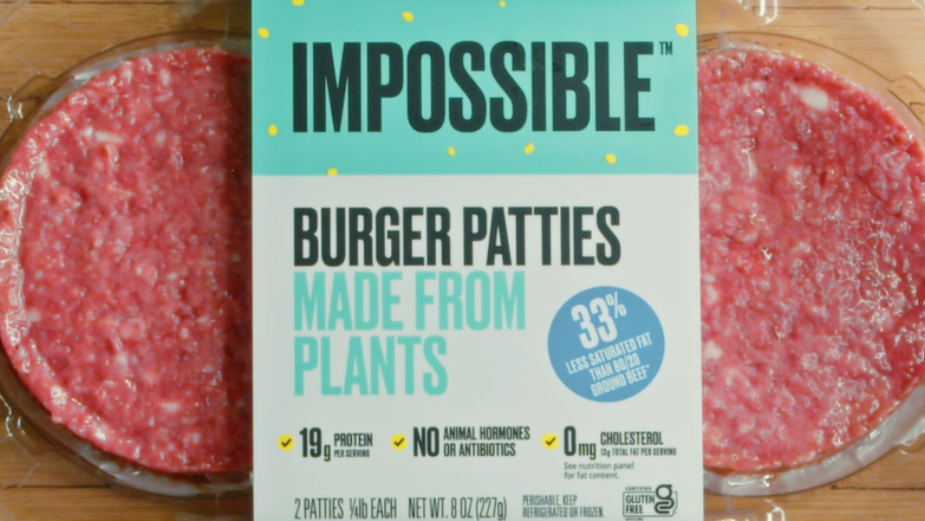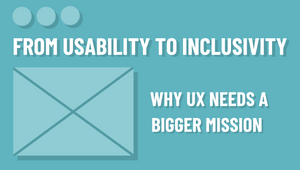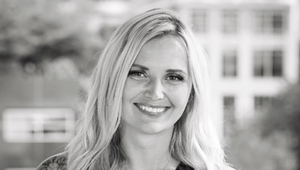
Impossible Foods and Deloitte Digital Team Up for Tiny Burgers with a Big Earth Day Message

On Earth Day, April 22nd, Impossible Foods is launching the ‘Mini Impact Kitchen’ campaign flexing the brand’s mini carbon footprint compared to animal meat production. Through this “mini” campaign, Impossible Foods is placing meat from plants at the forefront and making consumers conscious of how their food choices impact the planet.
Created by Deloitte Digital, this work also spotlights the experience consultancy’s dedication to driving change and business transformation through purpose-driven work, directly correlating with the mission and stance of Impossible Foods.
As an Impossible Burger generates 91% less emissions than a beef burger, the campaign is set to encourage consumers to shrink their emissions by creating mini Impossible recipes to showcase the tiny environmental impact that Impossible products have compared to animal meat. Because small actions, done widely, can add up to big changes for the planet.
The “mini” but mighty campaign will feature creators specialising in mini kitchen videos and food content to make #minifood #minikitchen recipes showcasing that “no matter how small your carbon footprint, you can always go smaller.”
The viral #minifood social trend has captured everyone’s attention (and stomachs!) over the past few years through video content on platforms like TikTok and YouTube. The delicate practice of making tiny food highlights the precision and mindfulness that goes into every step, from prep to garnish. In harnessing mindfulness and miniature ingredients, Impossible Foods is incorporating this trend to spotlight the tiny environmental impact of Impossible products and remind consumers to be conscious of the products they choose and their impacts on the planet.
To further elevate the tiny impact message, Impossible Foods will also place a tiny 1x1 ad in The New York Times on Earth Day, the smallest-sized ad NYT offers. The tiny ad is set to be both colourful and eye-catching despite its size and is the smallest ad Impossible Foods has ever run.
Impossible Foods is also no stranger to launching impactful campaigns on Earth Day:
- In 2022, the brand launched ‘Eat Meat to Save the Planet,’ a campaign geared towards encouraging consumers to eat plant-based meats and educating people on the impact meat has on the planet.
- 2021’s ‘The Birds and the Trees’ supplied people with resources to talk to their parents about the impacts of climate change.
- The 2020 ‘Impossible Impact Calculator’ drove audiences to the Impossible website to measure how they can lower their carbon footprint by switching to Impossible.
Impossible Foods’ dedication to the planet has remained at the core of who they are from the beginning. By eating Impossible products instead of animal products, consumers are making a direct positive impact on the environment and reducing their carbon footprint by choosing products made with less land/water and lower greenhouse gases. This is driven by the proven positive impacts that the transition to plant-based food systems has on the planet.
- If just 1% of burgers eaten in America each year were swapped for Impossible Burgers, we’d use approximately 3.5 billion pounds less greenhouse gas emissions, 36 billion square feet less land, and 12 billion gallons less water - plus, it also contains 0mg of cholesterol.
- 44% say that “people like me” are responsible for reversing climate change, yet only 13% say they are willing to stop eating meat to fight climate change
- If the world were to end all meat and dairy production and transition to a plant-based food system over the next 15 years, it would prevent enough greenhouse gas emissions to effectively cancel out emissions from all other economic sectors for the next 30 to 50 years.
There are a plethora of other environmental issues that the meat industry brings, aside from just climate change:
- It’s extremely pollutant and consumes more water than any other industry.
- It is wiping out nature and driving a collapse of global biodiversity.
- It poses a risk of public health threats, including exposure to bird flu, viruses, and the spread of antibiotic-resistant bacteria.
The decision to bring in creators for this campaign for environmental change directly relates to social media’s influence in driving change and opening consumers’ minds. The social-first campaign hopes to engage with consumers in a variety of ways and place environmental impact and sustainability practices at the forefront.
According to a recent Unilever study, Social media content influences people to adopt sustainable behaviours, with 83% of consumers, and 86% of those 18-34, saying that TikTok and Instagram are helpful places to seek advice on how to be greener at home.

"The small environmental footprint of our food is a challenging concept to communicate to consumers — it can be counterintuitive at first. At Impossible, we’re constantly thinking about how we can make it more accessible and relatable. Working with Deloitte to tap into an existing and oddly captivating food trend on social media has been such a fun, playful and engaging way to bring our brand purpose to the forefront.” said Leslie Sims, chief marketing and creative officer, Impossible Foods.
“Making an impact, big or small, for brands and the planet is what we strive for at Deloitte Digital, but doing so in a fun, creative way, like with mini burgers, is how we push ourselves in developing purpose-driven, innovative work. You can be informative, enticing, and impactful all through the power of creativity, you just need mini burgers and a big idea!” said Kenny Gold, managing director, head of social, content and influencer, Deloitte Digital.















